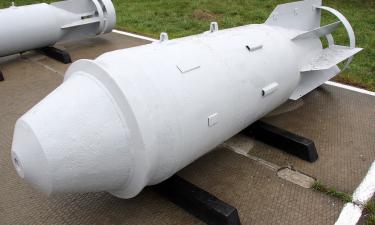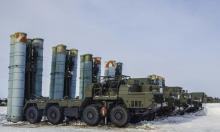Patience May Be A Virtue For Angolan Deep Water License Holders
Oil majors holding highly coveted ultra deepwater exploration acreage in Angola are pressing ahead with further drilling this year despite initial setbacks at three dry holes, officials said yesterday.
BP will be the first to spud a new well after the trio of disappointments, putting down its second well in Block 31 next month, a company official said. BP's first well came up dry late last year, industry sources said.
“The second well, Plutao-1, is scheduled to spud in June 2002,” Rick Waite, manager of the BP operated Block 18, told an IBC organised conference on Angolan oil and gas. “Clearly we are at the early stage, but there is an enormous potential.”
The three failed ultra deep gambits in over fifteen hundred metres (5,000 ft) of water is weighing on Angola's previously phenomenal success rate of around eighty five percent, versus about fifty percent worldwide.
But analysts and oil majors say explorers, who paid over a billion dollars in signing bonuses for the acreage, should remain upbeat, as the huge blocks are still some of the most promising plays around. “It's just a matter of time,” said one analyst.
Angola already pumps nearly 950,000 barrels per day (bpd) of oil, making it sub Saharan Africa's second largest producer, and aims to nearly double that in the next eight years.
Norsk Hydro, the technical assistant on Block 34, announced the last of the three dry wells earlier this month, but still has an “aggressive approach” to the region, said Jan Helge Skogen, director of the company's operations in Angola.
Norsk and block operator Sonangol, the Angolan state oil company, have three and a half years to drill another two wells, but gave no indication of when the second would happen.
Skogen said that future exploration may take a more “conventional” approach. Drillers in the ultra deep areas may have been trying to hit huge fields early, as with the deepwater blocks, instead of looking for smaller ones, analysts say.
“People were too eager to extrapolate success from the earlier deepwater fields, but it's very dangerous to generalise about the ultra deepwater,” Skogen told the conference.
ExxonMobil, the operator of Block 33, announced its own dry well earlier this year.
TotalFinaElf operates the fourth of the major ultra deep prospects and will spud the first well in Block 32 later this year, said Jean Phillipe Magnan, director of deepwater Block 17, in which already nearly two billion barrels in reserves have been discovered.
He said that the Block 32 team was in talks about subletting a drilling ship from Block 17, with the first well expected at the end of the third quarter or early in the fourth quarter.
The various majors are also pushing toward getting sanctioning for their existing deepwater finds by the end of the year, despite delays of six months to a year.
BP has entered the front end engineering and design stage for the Greater Plutonia fields in Block 18, and hopes for sanctioning this year, Waite said. That would allow start-up in 2005 with production of around a quarter of a million barrels per day.
The major is planning further exploration wells in Block 18 but had yet to work out the timing, he added.
TotalfinaElf has issued the major infrastructure tenders for its second Block 17 field, Dalia, and hopes to award them in October or November, Magnan said. That should allow them to get Angolan government approval by year-end and start production by the start of 2006.
Dalia is expected to produce about 225,000 bpd of heavy oil.
Subscribe to Pravda.Ru Telegram channel, Facebook, RSS!





